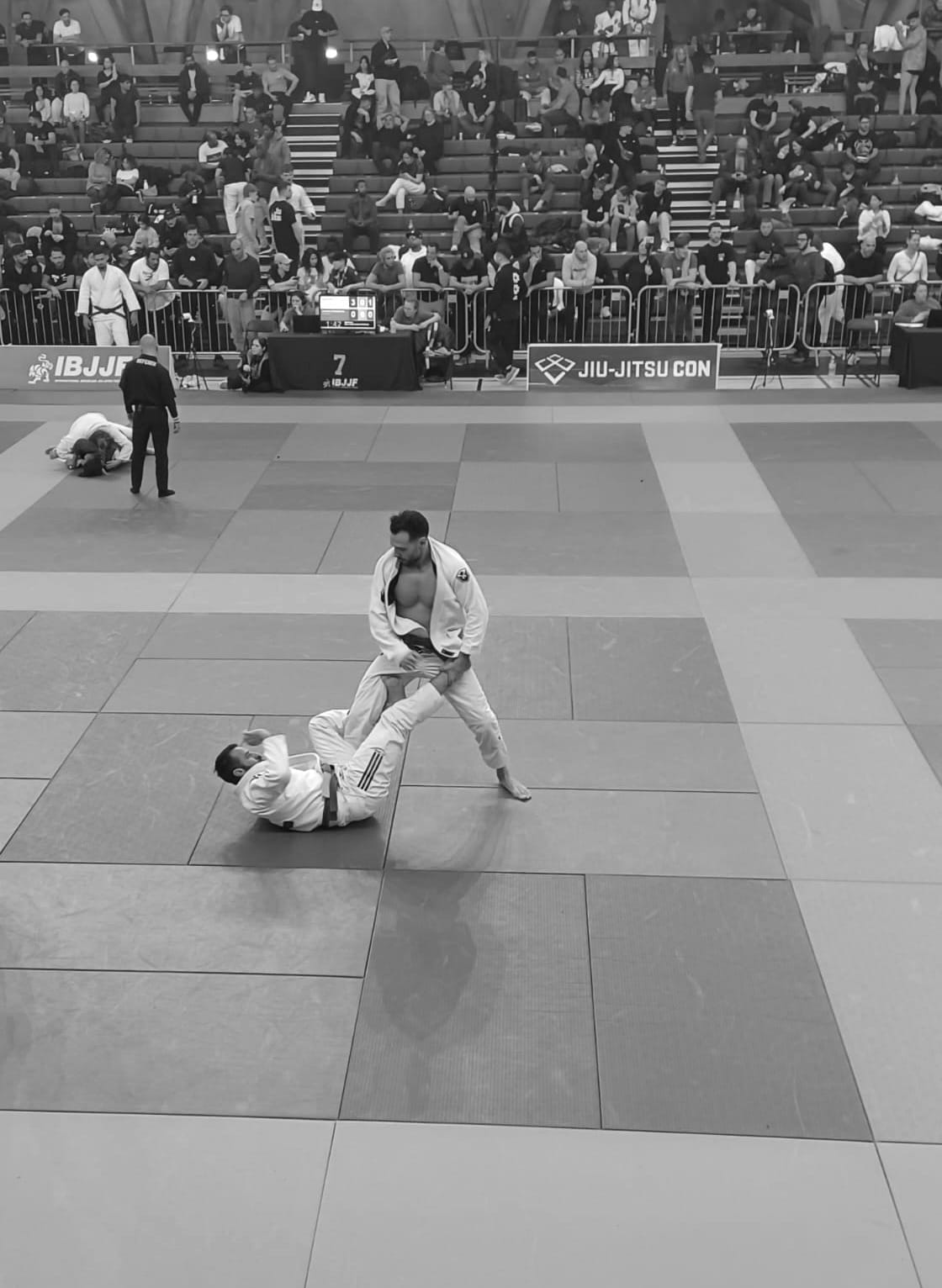
Like the tales of old, those who can do what most cannot are bound to pay for it. Those who can see the future pay with their eyes. Those who steal fire from the gods pay with their liver. Those who reap the bounty of an uncertain or impossible environment pay for it with their minds and bodies. Yet, rarely do we appreciate the toll on the latter. Trading comes at a great cost, and we are not here to discuss the financial ones.
Read an athlete’s biography, and it should mention what the sport does to an athlete: the physical cost of it. So too, a study of trading is deficient without examining what it does to a trader. On a long enough timeline, as with most dominant athletes of each generation, they will most likely retire not due to other competitors but from injury or disease before the biological clock comes for everyone. The same is true for the best traders; your body will retire you before the market does.
Trading bears much of the cost of professional sports upon the trader. But why is this so? We will use John Coates’ book—The Hour Between Dog and Wolf—to explore this, a rare, unified source of information on this topic. What you will find below is an exploratory article that ties into various observations and experiences of traders across the AXIA desks. This is another purpose of Asymmetrist: to explore on the fringes, tie into our known, strange financial world, and make the implicit, explicit for the practitioner first. Those who wish for more detail on the experiments, the science and other matters should consult Coates’ work directly.
Here is the opening shot: As Coates says, we often assume that stress and decision making is a matter of psychology—a mere quandary of the mind. Why is there such an overt reaction from the body, especially as traders are relegated to twelve-hour chair-warming shifts? Since we seemingly do not use our bodies?
Feeling Your Reasoning
In an image: human decision-making is embodied—we are not a brain in a vat; trapped in this piss-weak-good-for-nothing-mortal coil; instead, we think with our bodies, as Coates puts it, and our pre-conscious processing and gut feeling drives us; far ‘smarter’ than our conscious self. The nature of this embodied decision-making is examined throughout Coates’ book, and he reveals how it is a physical experience, that we do indeed ‘think with our gut’ and that good traders… do not just process information, they feel it.
1
Consider the argument that higher forms of cognition, of thinkin’—philosophy, literature, trading—is possible because of the repurposing of the same processes of your brain that executes movement. They are inherently tied; such is neuroscientist Daniel Wolpert’s argument. Behold!—he points—to the humble ‘tunicate’: a sea swelling tube-stuck-on-a-rock creature, which, after moving around in the sea to find a new home, ingests its brain. Life is good on the rock, why move?

